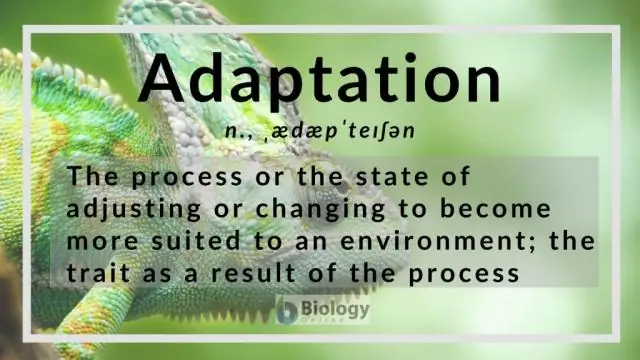- Author Rachel Wainwright wainwright@abchealthonline.com.
- Public 2023-12-15 07:39.
- Last modified 2025-11-02 20:14.
Hypertrichosis
Hypertrichosis [hypertrichosis; Greek hyper- - excessive, over, over + thrix, trichos - hair + Greek. -ōsis (word-image suffix) - disease; synonym: polytrichia] - excessive development of the hairline, expressed by excessive thickness and / or length, as well as an increase in the number of hairs, uncharacteristic for a given area of the skin, gender or age of a person.
Types of hypertrichosis:
- toothless (historical): a combination of embryonic hypertrichosis with adentia;
- congenital local (congenita localisata): congenital developmental anomaly - the presence of sharply limited areas of hypertrichosis on unpigmented (fawn's bundle) or pigmented (pigmented hair nevus) skin;
- diabetic (diabetica): occurring in patients with diabetes, usually in the area of the shoulder blades or around the navel;
- embryonic (fetalis): caused by the preservation and hypertrophy of embryonic long vellus hairs on the entire skin;
- climacteric (climacterica): observed in women against the background of menopause, arising mainly on the face;
- pubertal hypertrichosis (pubertatis): noted in girls in puberty, usually localized around the nipples of the mammary glands and on the face;
- traumatic (traumatica): appearing on areas of prolonged skin irritation or in the area of innervation of a partially damaged nerve.
Found a mistake in the text? Select it and press Ctrl + Enter.






